The Gambia, on behalf of the Organization for Islamic Cooperation (OIC), has filed a lawsuit against Myanmar at the International Court of Justice (ICJ) for alleged genocide.
The Myanmar government said State Counselor Daw Aung San Suu Kyi will travel to the ICJ in The Hague to contest the genocide accusation and lead the country’s legal defense team.
The ICJ has said it will hold the first public hearings on Dec. 10 to 12. The Irrawaddy has interviewed several figures to acquire a range of views.
Brigadier General Zaw Min Tun,
Military spokesman
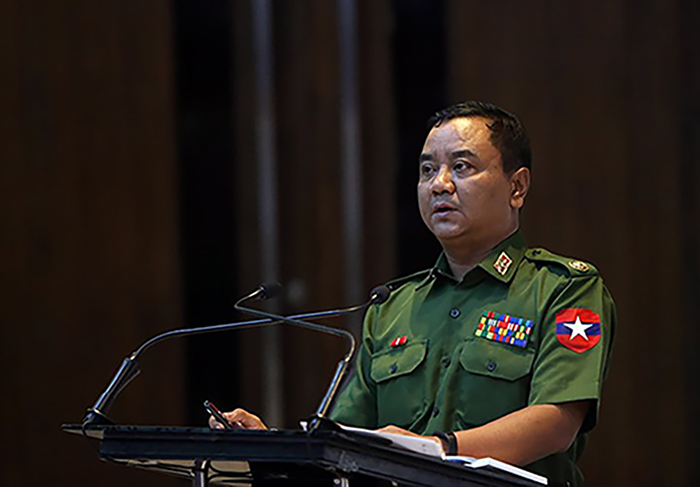
We are fully cooperating with the government in this case and providing the required information. Previously, we also provided information for the ICOE (Independent Court of Enquiry).
The Tatmadaw [military] is also holding talks [with the government] regarding military law. It is up to the government whether to take military delegates with the State Counselor. I still don’t know about that.
Dr. Myo Nyunt,
National League for Democracy spokesman
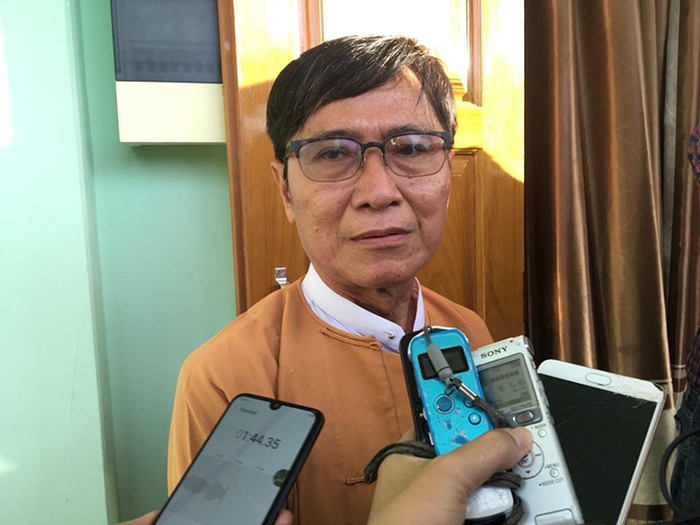
[The government] has officially announced that the State Counselor, in her capacity as foreign affairs minister, will take the lead role to address this as [the case] harms the dignity of Myanmar. There is a huge difference between what is happening inside the country and what the rest of the world knows about it. So it is best for the State Counselor to address the issue.
The Tatmadaw said it would cooperate with the government. In a democracy, we think it would be more appropriate for the Tatmadaw to serve as an armed institution under the control of the elected government. If it cooperates as a parallel government, we will not be able to solve the northern Rakhine issue.
Dr. Nikolay Listopadov,
Russian ambassador to Myanmar
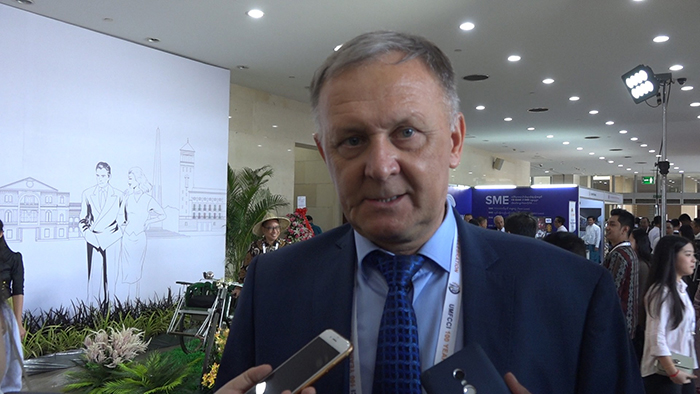
[Russia] doesn’t interfere in the internal affairs of Myanmar. So Russia helps [Myanmar] on the international stage to be able to rapidly handle political problems and challenges. We don’t accept sanctions and criticism of Myanmar because they are not constructive. They will not deliver good results.
Daw Aung San Suu Kyi decided [to attend] the ICJ to protect the [national] interest. It is a brave decision which I support. I strongly believe Daw Aung San Suu Kyi will be able to protect the national interest.
It is important that the international community does not punish Myanmar but adopts a helpful, constructive stance because the problems facing Myanmar are complicated and sensitive. Myanmar knows the best way to solve those problems.
Some refugees have voluntarily returned and I assume many more will follow. It is important to solve that problem quickly.
I am optimistic about Myanmar.
U Pe Than,
Lower House MP, Arakan National Party
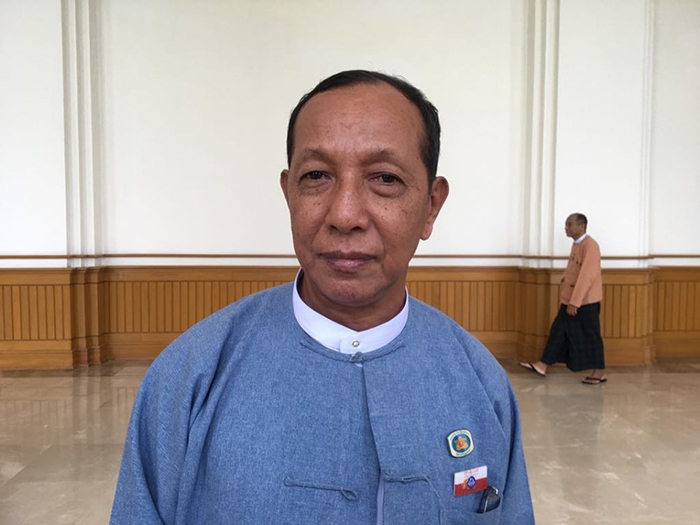
I think she should go as she has the responsibility. The international community should be satisfied that she will appear at the court. But I do not agree that a country’s leader should contest a criminal case. It is a job for legal experts.
We don’t accept it as genocide although excessive force was used. More than 700,000 [Rohingya] fled, partly due to threats from ARSA [the Arakan Rohingya Salvation Army]. To contest the prosecution and get rid of pressures, there must be unity between the government and Tatmadaw.
U Tun Kyi,
Muslim former political prisoner
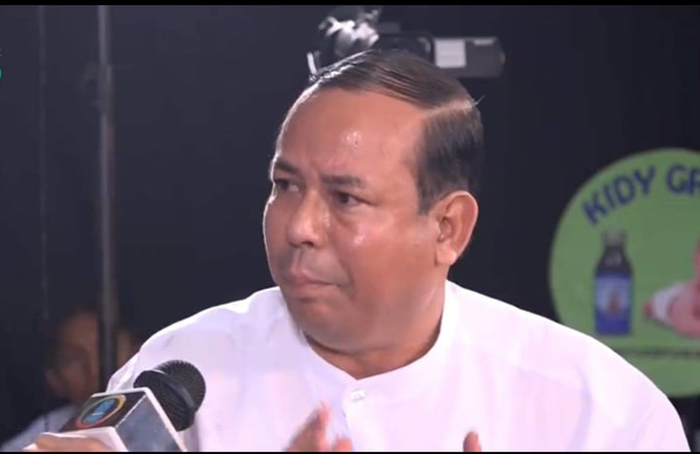
I welcome [Daw Aung San Suu Kyi’s decision] to defend the case with the responsibility and accountability of a good leader. The entire nation should support the move.
The prosecution harms the country’s reputation. It is unprecedented. Both the country and citizens suffer from this. But I don’t think [Daw Aung San Suu Kyi] will go there to protect the perpetrators.
I believe Daw Aung San Suu Kyi will go to find out the truth. No perpetrator should be protected and they should accept [their punishment] willingly.
If [the government] adopts clear and firm policies and cooperates with the international community, and if political and religious leaders work for national reconciliation, it will clear up misunderstandings inside the country and internationally.
Those who committed crimes should face their punishment. There is a need to protect the dignity and reputation of the country. As long as the perpetrators deny responsibility, international pressures on the country will continue.
U Maung Maung Soe,
Ethnic affairs analyst
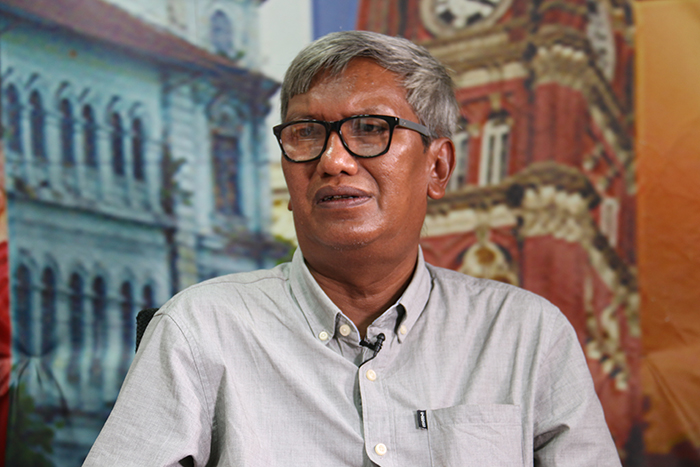
Today, OIC members are powerful and can spread propaganda with their strong financial power. It would be best to assume that [the prosecution] allows us to argue and defend ourselves at the ICJ at a low cost.
It appears that OIC countries do not want to accept the simple repatriation of Bengali refugees. [Some Burmese citizens refer to the Rohingya as Bengali to imply that they migrated illegally to Myanmar from neighboring Bangladesh, although many Rohingya families trace their roots in Myanmar back for generations].
I think they have the intention of obtaining an area in Buthidaung or Maungdaw for them. It is a complex issue and we need to handle it properly.
After the British occupied Rakhine in 1825, they brought in a lot of cheap labor from Chittagong. As their population grew, problems arose. A Rakhine-Muslim riot took place during World War II in 1942. Many Rakhine residents were killed and some Bengalis also died. Tensions continued to rise between the communities.
I think there is a need to explain [at the ICJ] the history behind the conflict in Rakhine State.
Maung Saung Kha,
Human rights activist
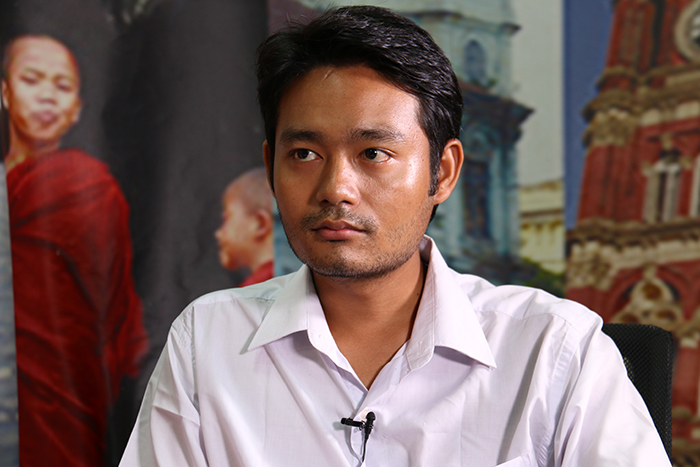
Daw Aung San Suu Kyi apparently thinks she should handle it herself as the foreign minister. And there might be give-and-take with the military in this case.
Rather than denying human rights abuses at the ICJ, I want her to explain the causes and effects, the situation on the ground and limitations imposed by the 2008 Constitution.
I want her to explain why human rights abuses took place and ask for help to prevent such things from recurring. I believe the defense of the prosecution will bring justice for those whose rights were abused.
Padoh Mahn Nyein Maung,
Central Executive Committee member,
Karen National Union
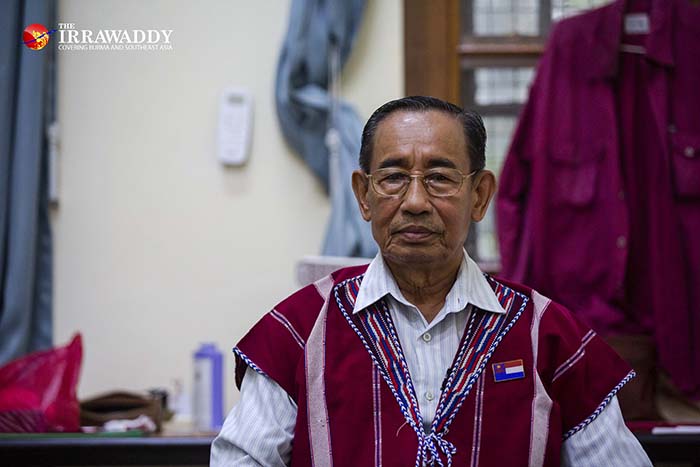
The prosecution is unfairly putting pressure on our country. As their Muslim organization is powerful, they build influence with money and put international pressure on us. The government has explained before. And the world turns a blind eye when hundreds of Hindus are killed [in Rakhine State by the Rohingya]. The world ignored it.
They can prosecute us but it must be fair. I think the prosecution is not fair. I support the State Counselor’s decision to represent the country. We must be united. Whatever happened between the government and Tatmadaw in the past, they must be united now. We must stand together in unity behind the leader who has taken the lead. We shouldn’t blame one another at this time. I would like to ask ethnic communities to give their support. All of us suffer when the country is in trouble. Ethnic minorities will not be exempt from difficulties.
U Thein Than Oo,
General secretary of the Independent Lawyers’ Association of Myanmar
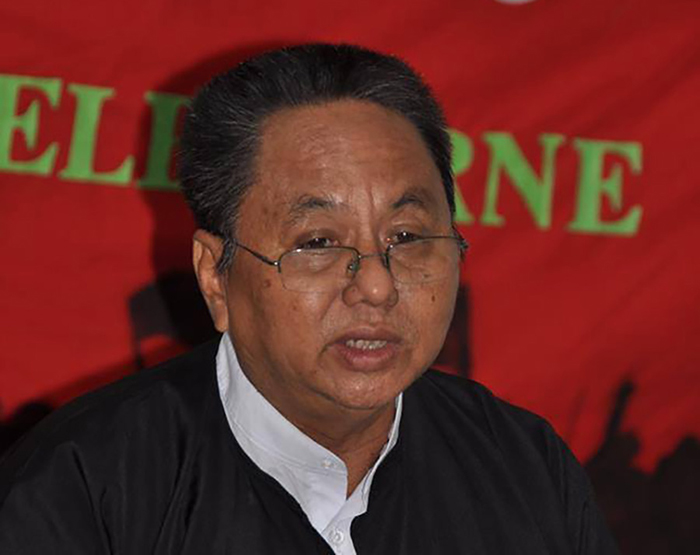
This is the negative consequence of Myanmar’s refusal to accept the fact-finding commission sent by the UN. Myanmar will have to suffer if we don’t defend ourselves systematically at every stage. So I support Daw Aung San Suu Kyi’s decision.
From a legal point of view, the Gambia would not bring the case to the ICJ without strong evidence. So we need to prepare seriously.
Our country previously did not cooperate. Both the government and the military have denied allegations. So from a legal perspective, we already have a disadvantage. We can only cooperate now.
If we are not guilty, we will be able to clear our name. If we are found guilty, action will be taken against the perpetrators. It is important not to protect the perpetrators if they are found guilty. It is nothing to do with the country. It is nothing to do with the entire military. Only those who committed crimes should be punished. It would be incorrect to protect them on behalf of the country. There is a need to stand by the truth.
















